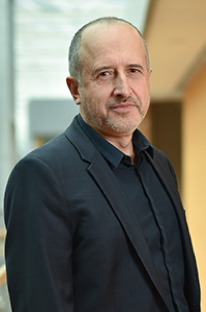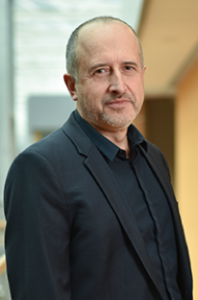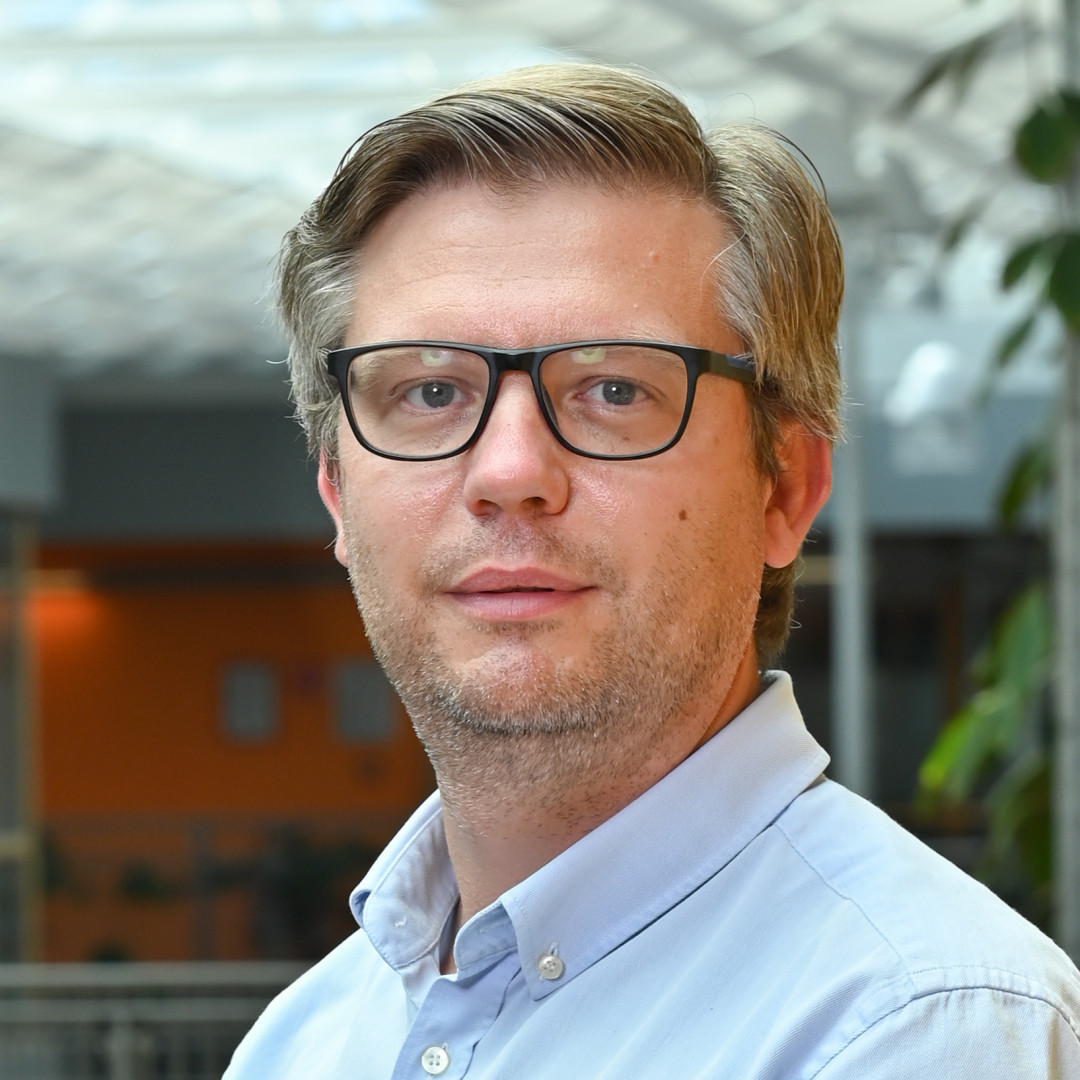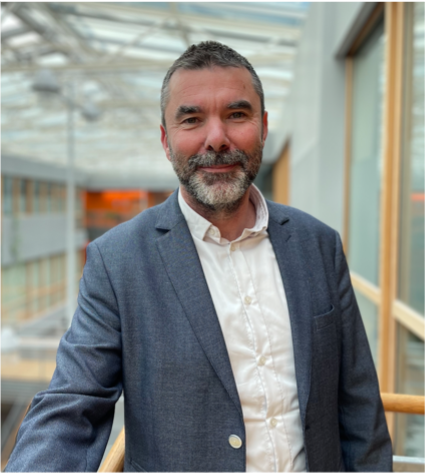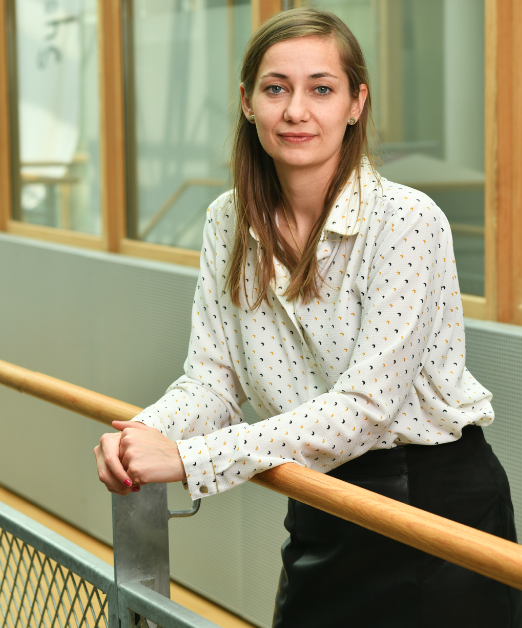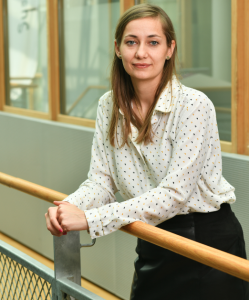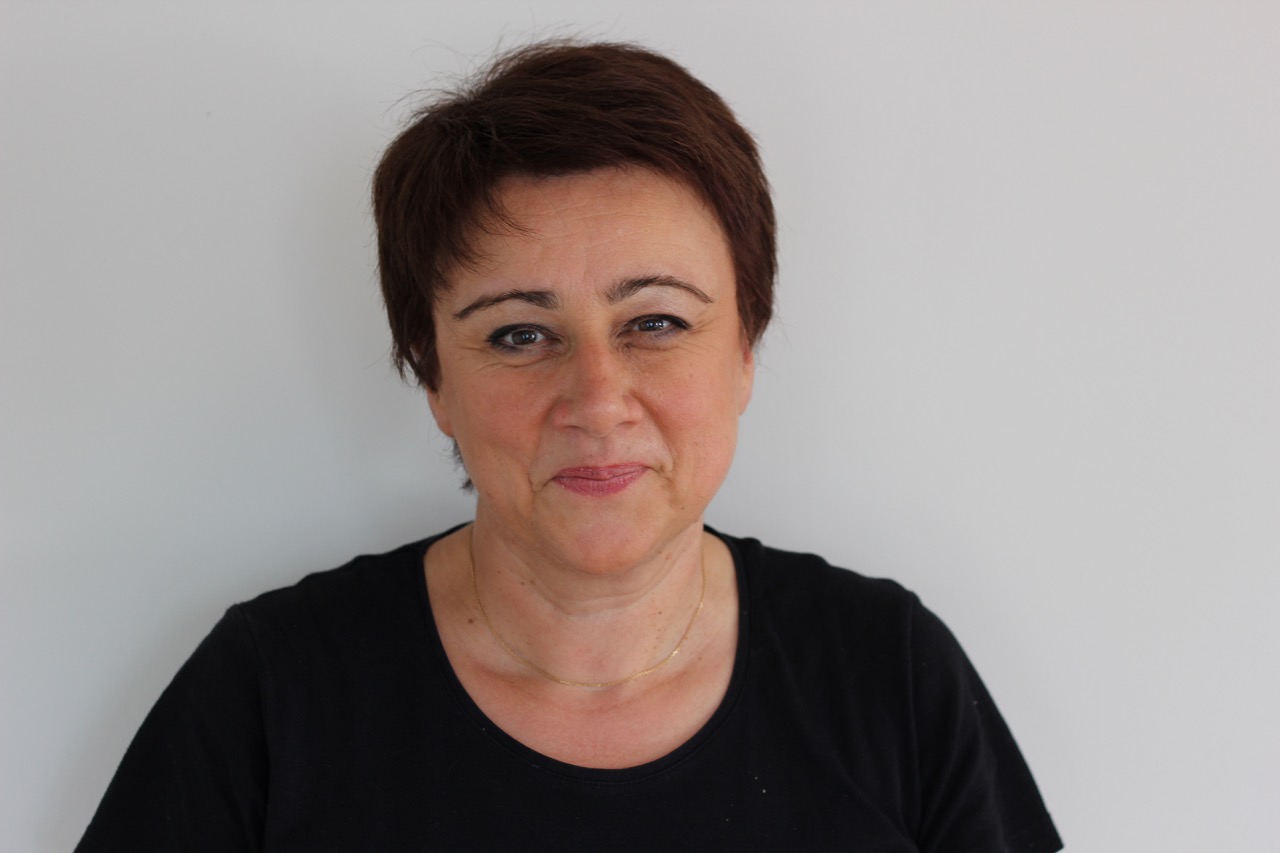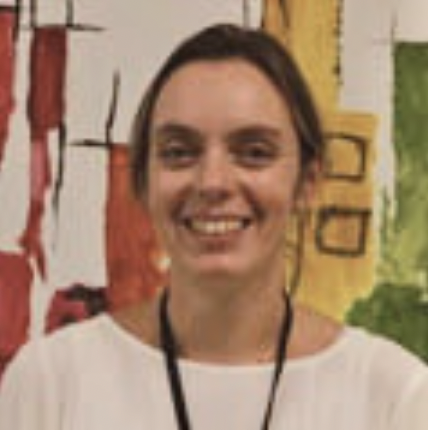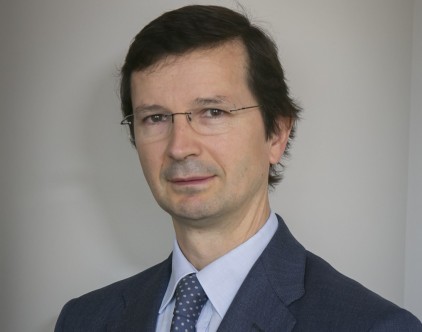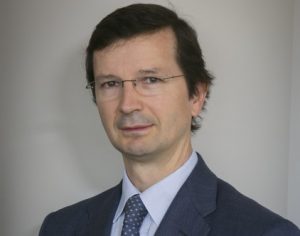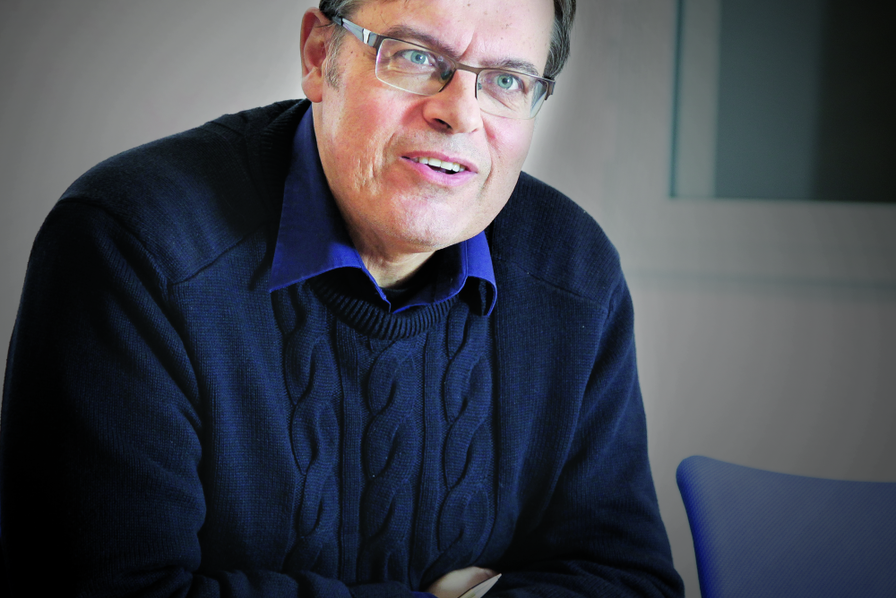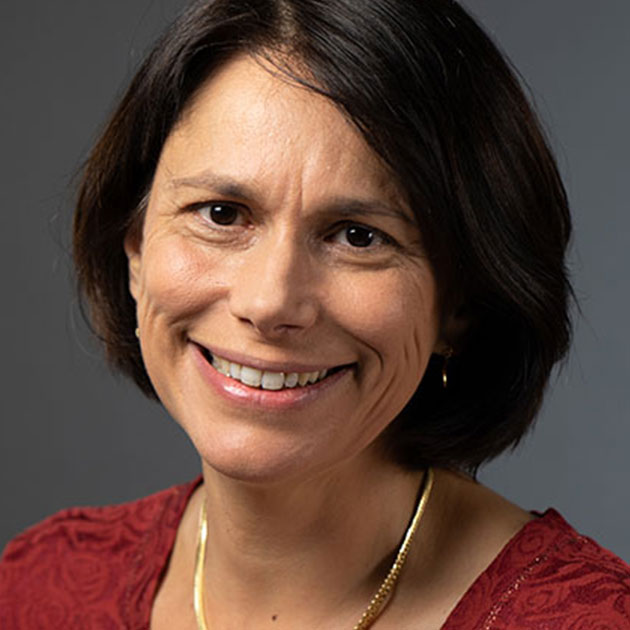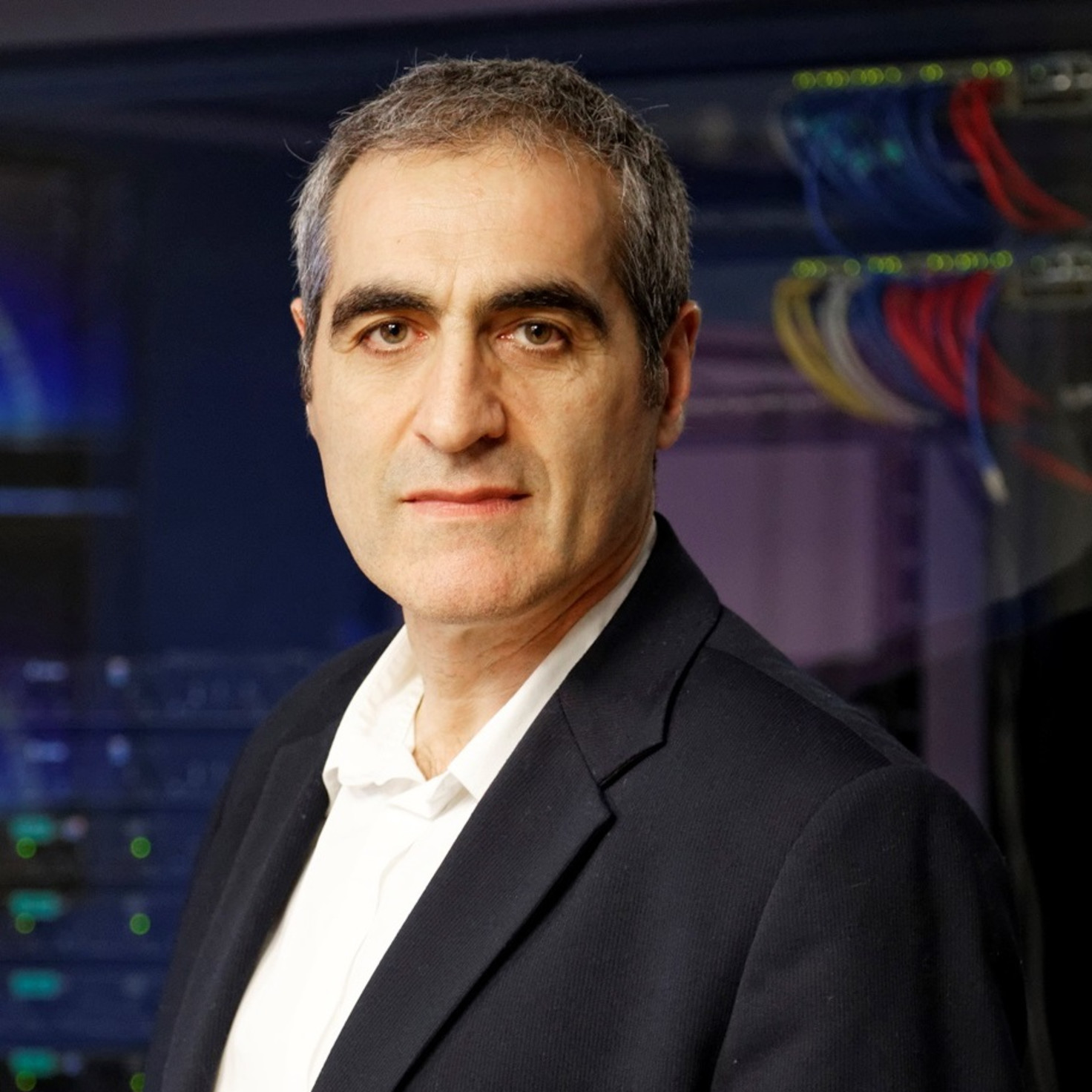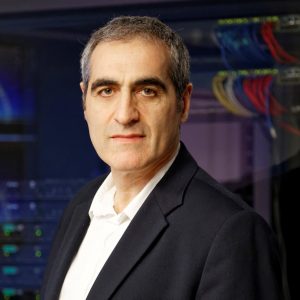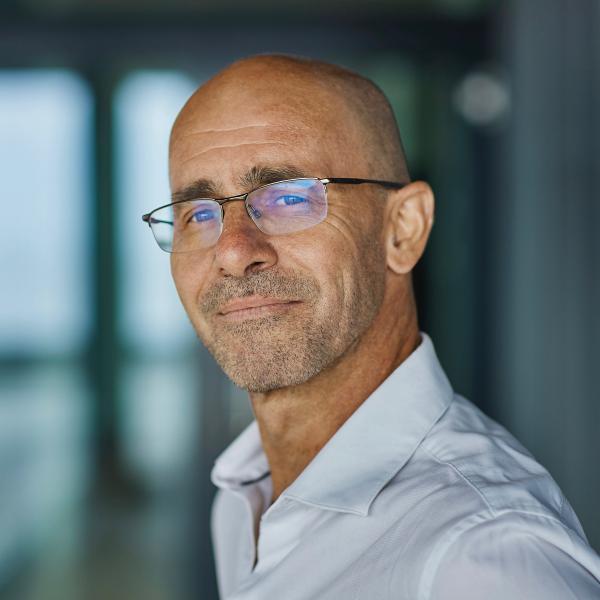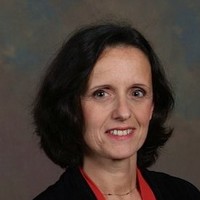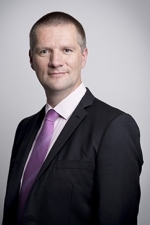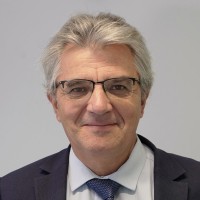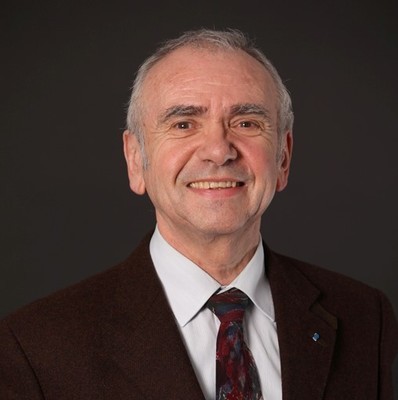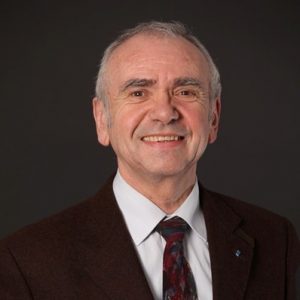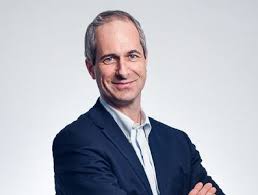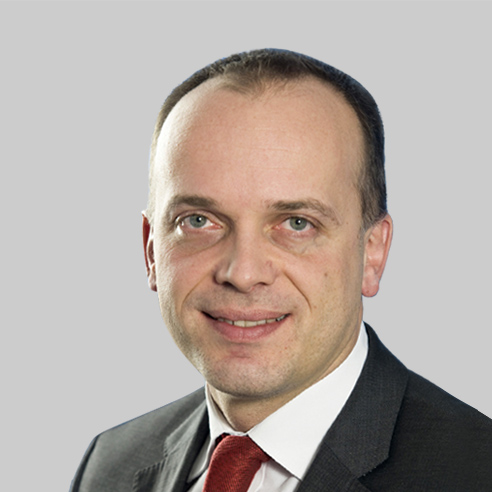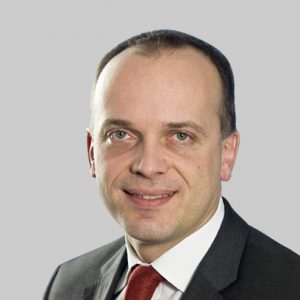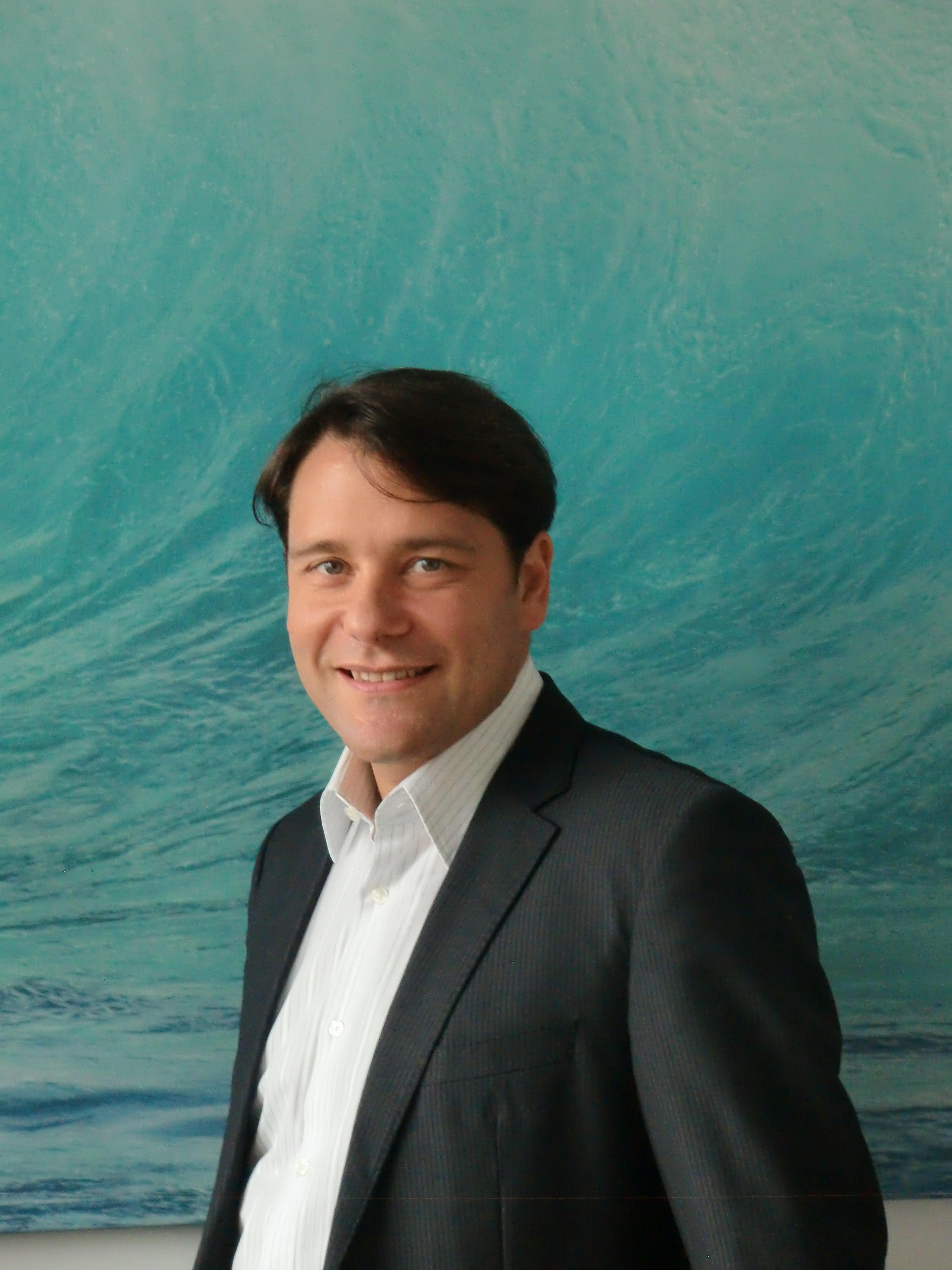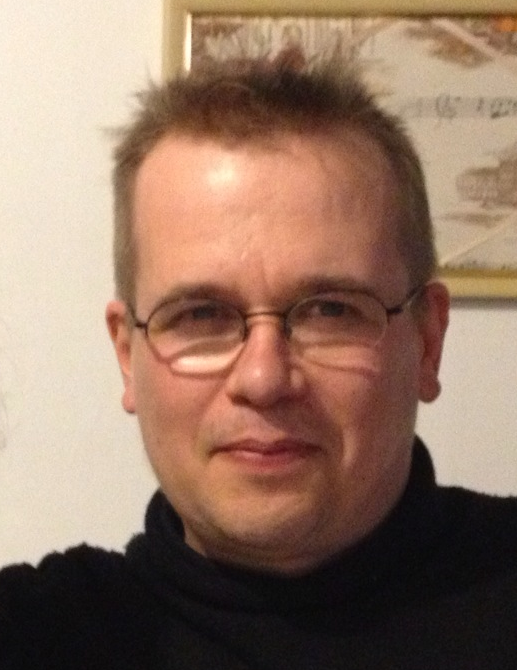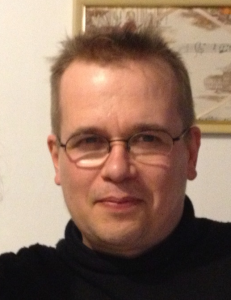Organisation
Management
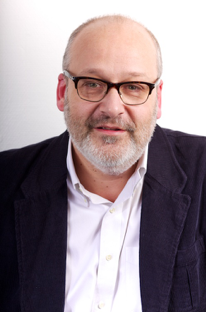
Michel Morvan,
President
Michel Morvan is co-founder and Chairman of Cosmo Tech, a software developer specialised in augmented intelligence solutions for critical infrastructures. Before setting up Cosmo Tech, he was Chief Scientist and Vice President for Strategic Intelligence and Innovation at Veolia Environnement. He is a former Full Professor of Computer Science at the Ecole Normale Supérieure in Lyon. He has spent the last three years in Silicon Valley and is an Eisenhower Fellow. Cosmo Tech has been involved in SystemX energy and mobility projects for a number of years
Operational management
The Management Team builds and implements the IRT SystemX’s strategy on a day to day basis.
Its action covers the research, training, communication and operational aspects. To assist the team in this task, various committees and boards have been established. Learn more about theBoard of Directors, the Scientific and Technological Council, the program orientation committee.
Board of Directors
Role
The Board of Directors of the IRT SystemX regulates, through its deliberations, the Institute’s affairs. In particular, it approves the development strategy of SystemX and ensures its implementation; it determines its general multiannual guidelines and its annual action program; it votes the budget and approves the previous year’s accounts as presented to it.
Members
The Board of Directors is composed of representatives of the founders of the IRT SystemX:
Scientific and Technological Council
The Scientific and Technological Council is an advising instance of the Board of Directors and of the Operational Management Team.
Its purpose is to guide SystemX’s operational management team, both upstream (scientific guidance, core competencies in systems) and downstream of projects along the lines of a “business angel” (skills and knowledge on the key business domains as well as the implementation of complex projects).
The Scientific and Technological Council is consulted with regards to the IRT SystemX’s major scientific orientations and annual action program, prior to their approval by the Board of Directors; and on any other matter referred to it by the Chairman of the Board of Directors.
It makes any recommendation it deems useful for the national, European and international development of the Institute and assesses the impact of its actions on its reach and international appeal.
Twice a year, the Scientific and Technological Council meets to debate and discuss the technological challenges that the Institute wishes to tackle, and to bring its expertise in order to contribute to the successful deployment of R&D projects at the heart of the digital engineering of complex systems.
Members
Guests
R&D Steering Committee
The R&D Steering Committee is presided by the SystemX Deputy CEO – International & Development. Its mission is to consolidate the technological roadmaps of the SystemX’s research programs and to ensure the coherence of their programming with the guidelines recommended by the Board of Directors and with the needs of the targeted economic sector.
To avoid duplication of efforts and consolidate visions, the program orientation committees pay special attention to the tight coupling with the Systematic cluster roadmaps as well as national and international ones.
Any new R&D project within a program is presented to the referring committee for review.
Members of the R&D Steering Committee
Emmanuel Arbaretier,
Apsys
Helene Bachatene,
Véronique Berthault,
RATP
Laurent Dada,
EDF
Alain Dauron,
Renault
Johan D’Hose,
Philippe Dague,
Alain Dauron,
David De Almeida,
SNCF
Hervé Debar,
Institut Mines-Télécom
Catherine Dehaene,
Orange
Johan D'Hose,
Systematic Paris-Region
Eric Duceau,
Airbus Group
Didier Dumur,
CentraleSupélec
Estelle Fieve,
Inria
François Gaillard,
Yann Gallais,
CEA
Rodolphe Gelin,
Renault
Benoît Guyon,
Safran
Michael Haddad,
Alstom
Jenyfer Lecompte,
Cap Digital
Eric Lunven,
Naval Group
Fabien Mangeant,
Bruno Monsuez,
ENSTA Paris
Ludovic Noirie,
LINCS/Nokia
Laurent Pautet,
Michel Pinget,
Dassault Aviation
Yves Sorel,
Inria
Samir Thomé,
Université de Versailles – Saint-Quentin-en-Yvelines
Bernard Yannou,
CentraleSupélec
– See more

Thesis Day 2025
Rencontrez les doctorants des IRT et ITE de la région parisienne et découvrez leurs travaux de recherche. Read more

Seminar@SystemX with Fei Tao
Abstract Biography Registration Fei Tao (Professor at the School of Automation Science and Electrical Engineering, Dean of ... Read more


